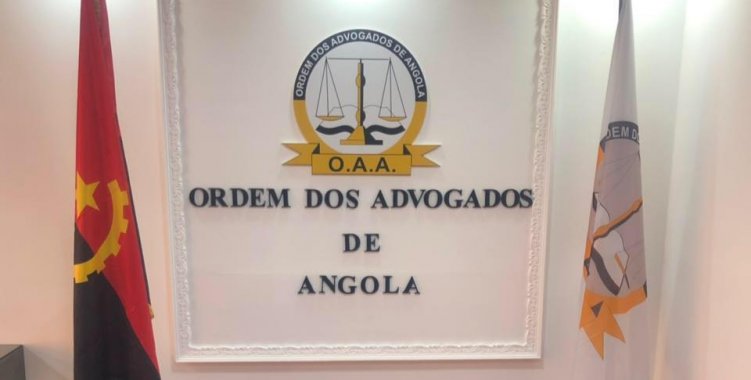In a statement sent to President João Lourenço and consulted this Tuesday by Lusa, the OAA says that article 15 of the Presidential Decree on the Legal Regime of the NIF "is unconstitutional" as it restricts fundamental rights to those whose NIF has been terminated or suspended.
This article, describes the OAA, determines that the holder of a suspended or terminated NIF is prevented from carrying out various operations, namely issuing invoices, opening a bank account, withdrawals, transfers and other banking operations, financial intermediation, import and export, obtaining passports and driving licenses and others.
In this presentation signed by its president José Luís Domingos, the Order warns of the fact that these provisions create "severe restrictions" on several fundamental rights enshrined in the Constitution of the Republic of Angola (CRA).
Among them, he points out fundamental economic rights, rights of movement and emigration and association, private property and economic freedom.
According to lawyers, the CRA prohibits the restriction of rights, freedoms and guarantees, "except in cases expressly provided for in the Constitution, and restrictions must be limited to what is necessary, proportionate and reasonable in a free and democratic society, to safeguard other rights or constitutionally protected interests".
It argues that the decree under analysis "does not invoke any law restricting rights, freedoms and guarantees as a basis for the restrictions set out in article 15" and "nor does it explain which law it regulates, giving the appearance of an independent regulation", asking the President of the Republic to "appropriately reformulate" the rule.
In this sense, "its validity is doubtful since for the validity of any independent regulation, it is necessary that it expressly indicates the law or laws that specifically attribute competence (subjective and objective) for issuing the regulation".
It also considers that the termination of the NIF applies to cases in which the taxpayer has ceased its activity, "which happens whenever there is a final and unappealable judicial decision for that purpose, a termination of the legal entity and an insolvency, bankruptcy, merger or division".
In this seven-page statement, the OAA insists that it is dealing with an unconstitutional article, highlighting that reasonableness and proportionality as a criterion for limiting the restriction of fundamental rights already has established jurisprudence in Africa.







